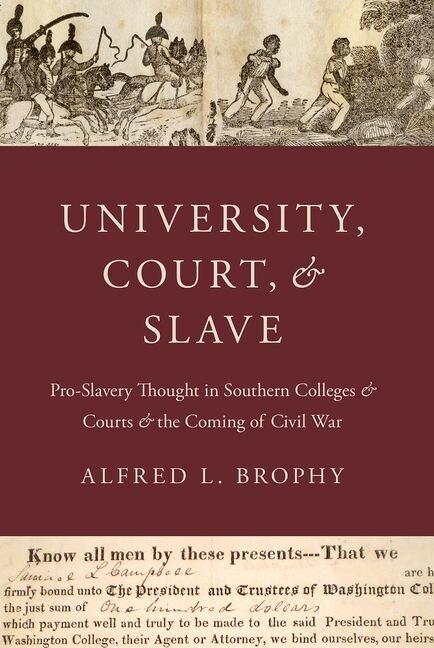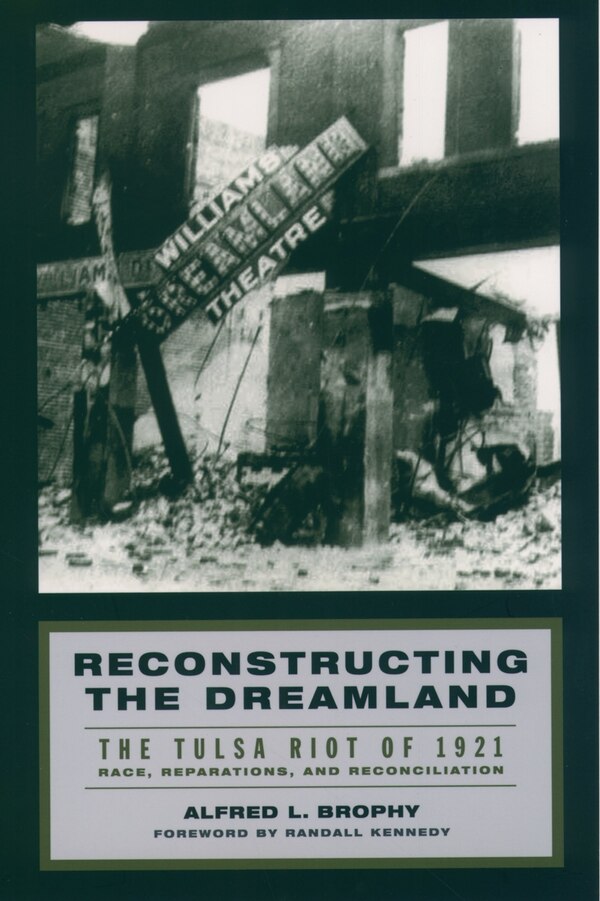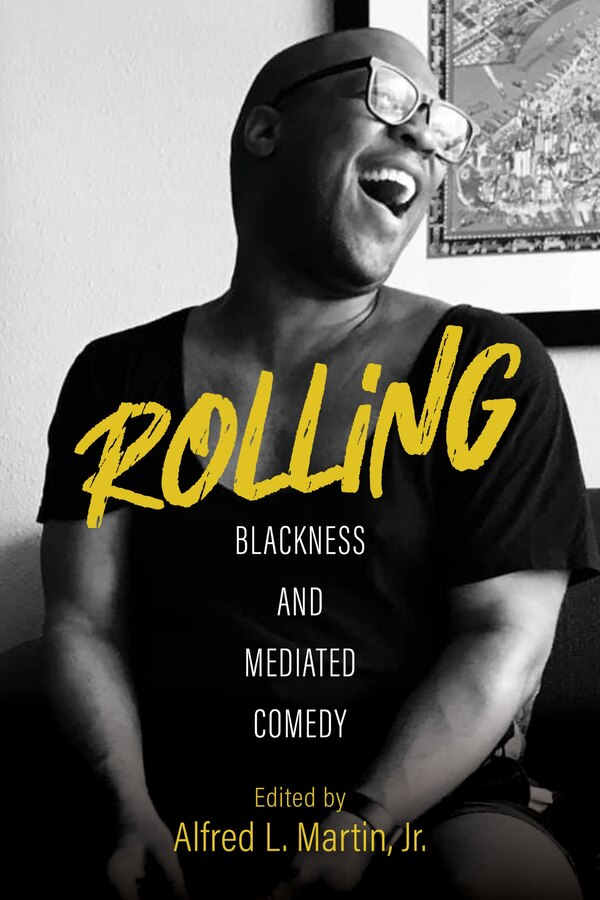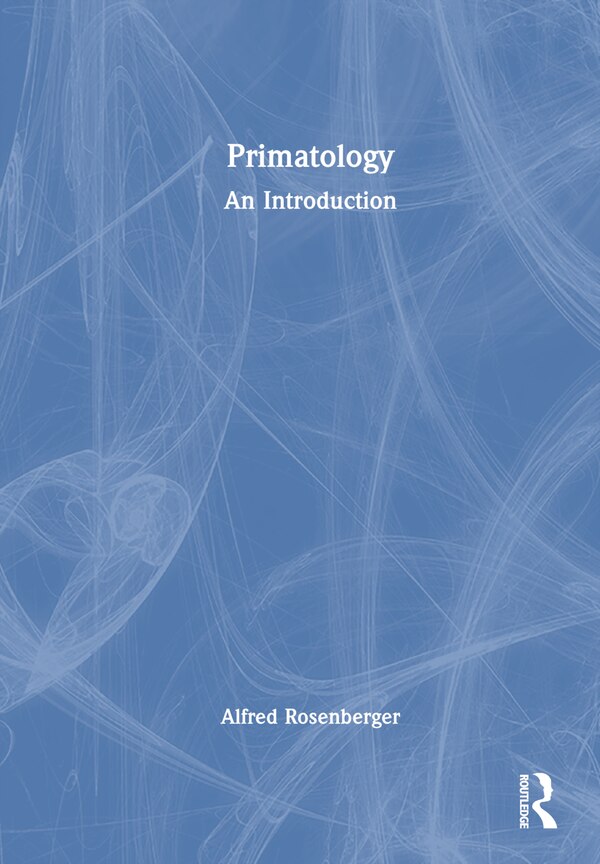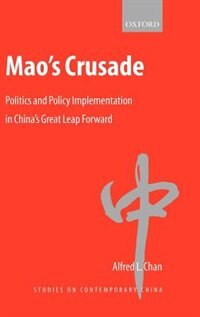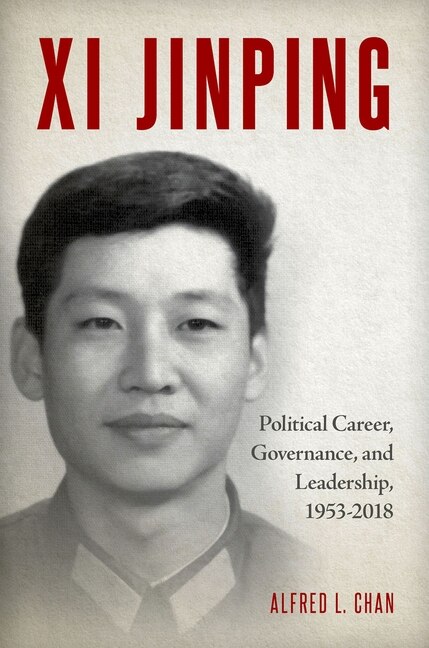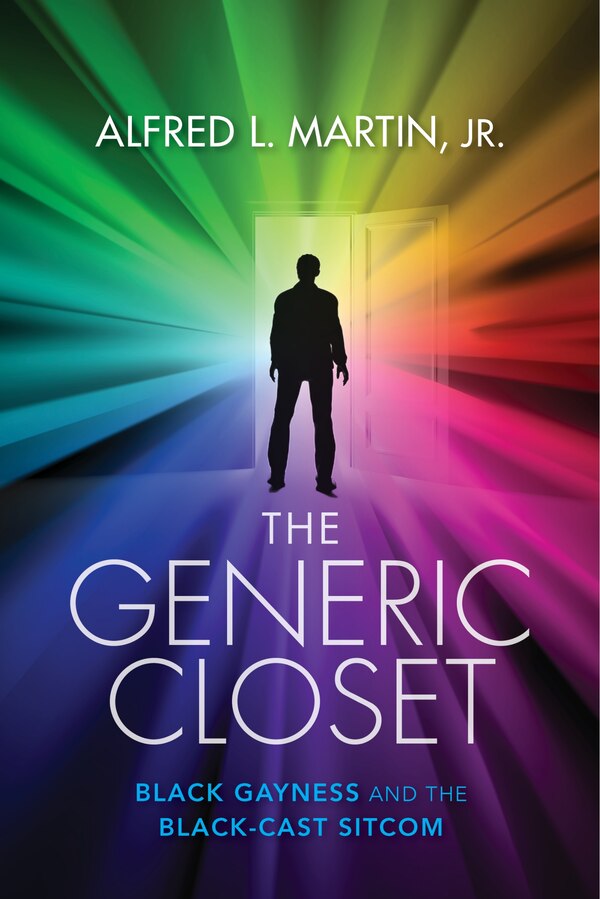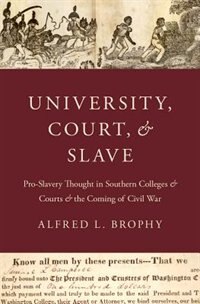
Compare University Court and Slave by Alfred L. Brophy, Hardcover | Indigo Chapters
Alfred L. Brophy
$63.95
Alfred L. Brophy's University, Court, and Slave reveals long-forgotten connections between pre-Civil War southern universities and slavery. Universities and their faculty owned people - sometimes dozens of people - and profited from their labor while many were physically abused on theircampuses. Education was often paid for through the profits of enslaved labor. University faculty - and students - also promoted the institution of slavery. They wrote about the history of slavery, its central role in the southern economy, and developed a political theory that justified keeping somepeople in slavery. The university faculty spoke a common language of economic utility, history, and philosophy with those who made the laws for the southern states. That extensive writing promoting slavery helps us understand how southern politicians and judges thought about slavery. As antislavery rhetoric gained momentum, southern academics and their allies in the courts became bolder in their claims. Some went so far as to say that slavery was supported by natural law. The combination of economic reasoning and historical precedent helped shape a southern, proslaveryjurisprudence. Following Lincoln's November 1860 election southern academics joined politicians, judges, lawyers, and other leaders to argue that their economy and society was threatened. Southern jurisprudence led them to believe that any threats to slavery and property justified secession. In somecases, academics took their case to the southern public and, in one case, to the battlefield, to defend slavery. | University Court and Slave by Alfred L. Brophy, Hardcover | Indigo Chapters

